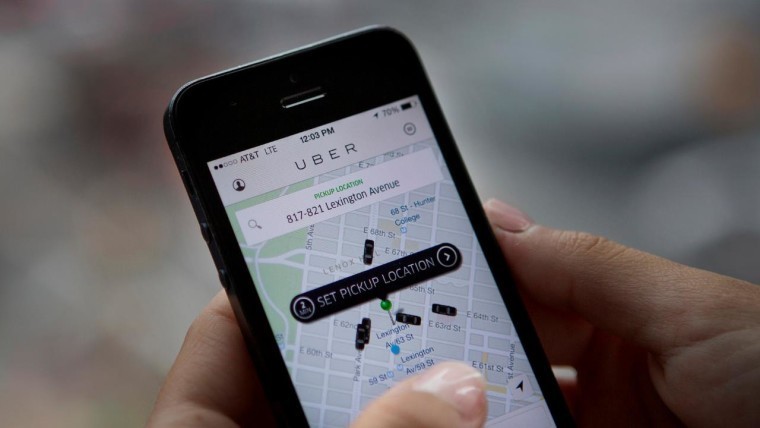
Uber is in rough waters. Just a few months ago the company sold its China operation to Didi Chuxing after failing to compete there, suffering greater losses than earning China's business was worth. The company also lost a bid to buy out HERE Maps last year, forcing the company to look internally to develop its own map platform that carries an estimated $500 million price tag. These struggles have fueled what has been a huge year of loss, and we're only talking about the first half of 2016.
Bloomberg was able to get details on an Uber earnings call to private investors that revealed the company has lost a total of $1,270,000,000 in the first half of 2016 ($1.27B). Reports indicate that the company lost $500 million in Q1 2016 and $720 million in Q2 2016. What's most interesting is the company's business is booming in the United States and abroad. Uber's bookings revenue jumped in the company's first and second quarter of 2016 from $3.3 billion to $5 billion. If the business is growing and Uber has managed to cut off its plagued China limb, why is the company losing money?
Outside of long-term investments in self-driving cars and making a map service, Bloomberg points the finger at driver subsidies. On average, Uber gives a driver 80% of a fare, leaving the remaining 20% to go to the company. Uber needs to incentivize drivers with a healthy portion of the fare or there might not be many cars for customers to call upon. That 20% is apparently not cutting it though.
With Uber still having its China losses on the books for 2016 and putting so much money elsewhere, it's hard to tell where Uber's operation really stands in terms of profits and losses. Though they say it's for the drivers, the company just upped minimum fares in the Seattle market just a couple days ago slightly. Perhaps other markets are in line for that bump too, which would in turn offer a small bump in revenue for Uber.
Given the fact that Uber and Lyft have been racing toward the bottom in all-out-war to gain more market share in the transportation business, it may be best for both companies to not push so hard for the lowest price. If these services were to be snuffed out because of mounting losses, a lot of people would left to rely on taxis and public transportation - two industries that vary widely in quality and consistency of service worldwide.
Source: Bloomberg
















37 Comments - Add comment